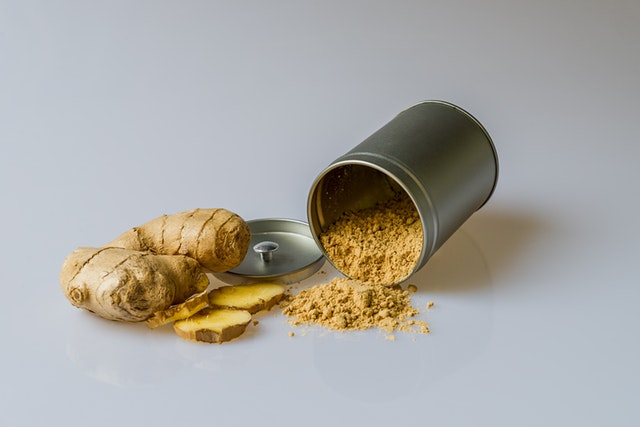Ginger is a great spice that is used in a lot of recipes. It has great health benefits such as relieving nausea, dizziness, vertigo, or to facilitate digestion. It is also used as a good natural remedy. However, having too much of it can do you more harm than good, especially if you are affected by certain conditions. What types of conditions are affected by high levels of ginger? If you have any of these four conditions, you may not want to add ginger to your diet.
The first condition is low blood pressure. Ginger acts as a blood thinner, which can prevent the blood from clotting. This behavior can be very helpful for those with high blood pressure. However, it can be harmful for those with low blood pressure. Having this condition can cause symptoms like dizziness and confusion and fainting. When persistent and severe, it can cause serious complications such as heart attack, shock and organ failure, all of which require timely medical intervention.

If you’re trying to gain a little more weight, ginger may prevent that from happening. If you’re underweight, ginger could be a suppression of appetite despite it being good for digestion. This is because ginger may give those who consume it the sense of being sated, shutting off the desire to eat.
The third important condition is gallstones, which are often painful and can affect the gallbladder. Because of the way that ginger increases the production of bile, it is thought in some parts of the medical community that ginger can make gallstones worse. The main concern is that a gallstone may cause a blockage, and ginger may lead to the overproduction of bile, which can be harmful to organs in excessive amounts.
The last condition to avoid ginger is when you’re undergoing surgery. If you’re ever have to go through this, it is a good rule of thumb to stop taking ginger at a minimum of one week, but up to two weeks in advance. This is because of ginger’s blood thinning properties, which slow clotting and may cause problems with excessive bleeding during surgery, which could result in infection or the need for transfusions. It’s also beneficial to refrain from taking ginger after surgery because your body still needs time to recover.
Ginger has its health benefits, but if you’re going through these conditions, you may have to refrain from putting it into your diet. For more information on other conditions and medical situations where ginger isn’t too beneficial, visit www.healthiguide.com.

